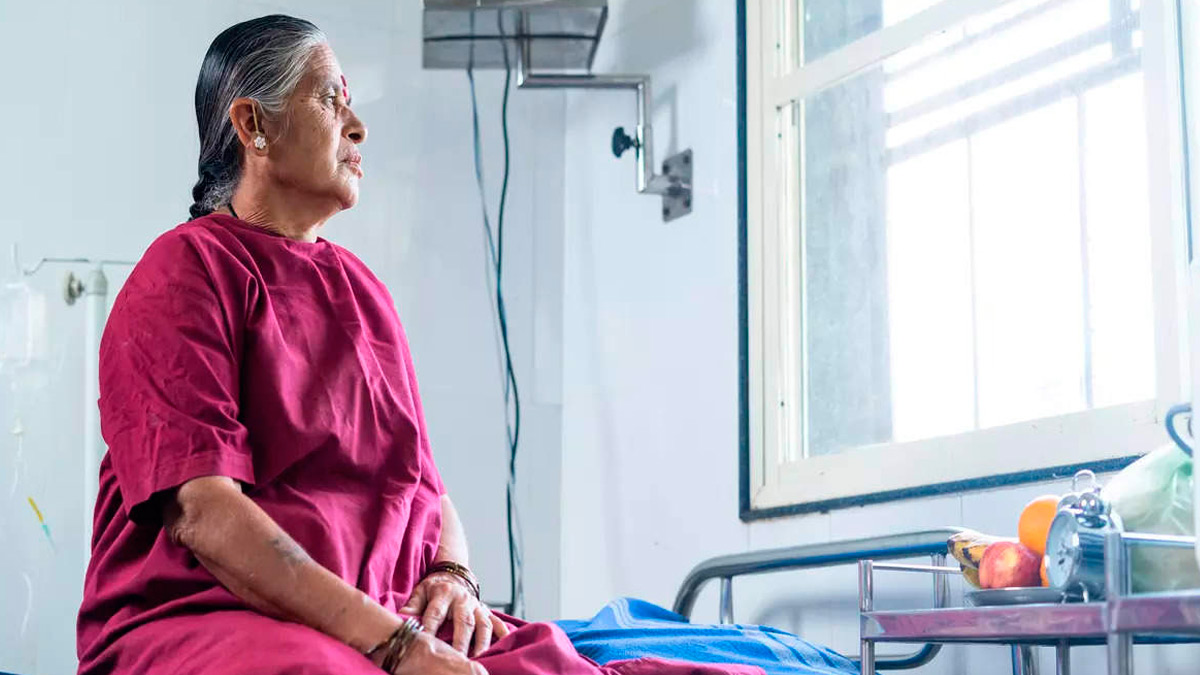
In a landmark decision, the Union Cabinet has approved the extension of health coverage to all citizens aged 70 and above under the Ayushman Bharat Pradhan Mantri Jan Arogya Yojana (AB PM-JAY). This move is expected to positively impact the lives of millions of elderly individuals and their families across the country. Industry experts have lauded this initiative as a significant step toward enhancing healthcare accessibility for senior citizens, a segment that is increasingly in need of specialized care.
Table of Content:-
A Milestone for Senior Healthcare
The new policy is set to benefit around six crore senior citizens, offering them free health insurance coverage worth up to Rs 5 lakh. This policy will cover approximately 4.5 crore families across India, providing critical financial protection in times of medical need. Industry leaders believe that this expansion of health coverage is a pivotal development in building a more inclusive and comprehensive healthcare system for India's elderly population.
Abhay Soi, President of NATHEALTH, expressed optimism about the government’s decision, noting that this initiative will bring much-needed relief to millions of families. He emphasized that healthcare services for the elderly need to be customized to ensure that they cover a wide range of medical needs. Soi also added that NATHEALTH is prepared to collaborate with the government to ensure a smooth rollout of the policy, ensuring that the services provided are tailored to the specific health challenges faced by senior citizens.

Enhancing Inclusivity in Healthcare
Anil Matai, Director General of the Organisation of Pharmaceutical Producers of India (OPPI), described the decision as a "milestone" in improving healthcare services for elderly citizens. According to Matai, the expansion under AB PM-JAY represents a crucial step in fostering a more inclusive healthcare ecosystem that accounts for the unique needs of seniors. He also underscored the importance of addressing the “Missing Middle” – individuals who do not qualify for either government or private health insurance plans. Matai believes that expanding coverage to this group would further solidify India’s commitment to universal health coverage.
By extending health coverage to seniors, the government is not only addressing the immediate healthcare needs of this demographic but also setting the foundation for a broader, more inclusive health insurance framework.
Also Read: Gastro Problems Could Heighten Parkinson's Disease Risk By 76%: Study
Addressing Challenges for Smaller Hospitals
While the initiative has been widely praised, some industry experts have raised concerns about its implementation, particularly for smaller hospitals. Harsh Mahajan, President of FICCI (Health Services), pointed out that while the expansion of the program is undoubtedly beneficial, it presents operational challenges for smaller and medium-sized hospitals. These institutions, which often operate with limited resources, may struggle to meet the demands of an increased patient base, particularly elderly patients who often require more intensive and specialized care.
Mahajan emphasized the importance of providing additional support to smaller healthcare providers to ensure they can manage the increased demand without compromising the quality of care. Without such support, the financial burden on these hospitals could become unsustainable.
Growing Demand for Geriatric Care
The ageing population in India is growing rapidly, and so is the need for specialized healthcare services tailored to seniors. As the elderly population expands, there is an increasing demand for geriatric care, which focuses on managing multiple chronic conditions, reducing hospitalizations, and improving the overall quality of life for seniors.
Pavan Choudary, Chairman of the Medical Technology Association of India (MTaI), called the government’s move "a landmark step" in promoting equitable healthcare for the elderly. He added that MTaI had long advocated for this inclusion, recognizing the importance of comprehensive healthcare services for India’s ageing population. Choudary further emphasized that this initiative will bridge the gap in healthcare accessibility for seniors and ensure that they receive timely, appropriate care.
Also Read: Too Much Screen Time Can Make Your Kid Struggle With Language, Says Study
Financial Relief for Families
Beyond providing health coverage, the policy also aims to ease the financial burden on families. Santy Sajan, Chief Operating Officer of Paras Health Group, praised the initiative, stating that it not only alleviates the financial strain on families but also reinforces the importance of accessible healthcare for all age groups. By offering substantial health insurance coverage, the government has significantly reduced the risk of medical expenses pushing families into financial hardship, particularly those dealing with the healthcare needs of ageing relatives.
Looking Ahead: Supporting a Growing Elderly Population
India’s elderly population is projected to continue growing in the coming decades, and with it, the demand for accessible and affordable healthcare will also increase. This new policy represents a crucial step in addressing this demand, providing financial protection for millions of seniors. However, as industry experts have noted, the implementation of this policy must be carefully managed to ensure it is sustainable in the long term.
While the challenges faced by smaller healthcare providers need to be addressed, the overall impact of this initiative on senior citizens and their families is expected to be transformative. With continued collaboration between the government, healthcare providers, and industry leaders, this policy could mark the beginning of a more inclusive, equitable healthcare system for all.
Bottomline
In conclusion, health coverage for citizens aged 70 and above is a game-changing initiative that promises to offer much-needed relief to millions of seniors and their families, while also addressing the broader challenges of an ageing population.
Also watch this video
Read Next
Mpox Outbreak: Bengaluru Airport On High Alert, Tests Conducted For International Passengers
How we keep this article up to date:
We work with experts and keep a close eye on the latest in health and wellness. Whenever there is a new research or helpful information, we update our articles with accurate and useful advice.
Current Version